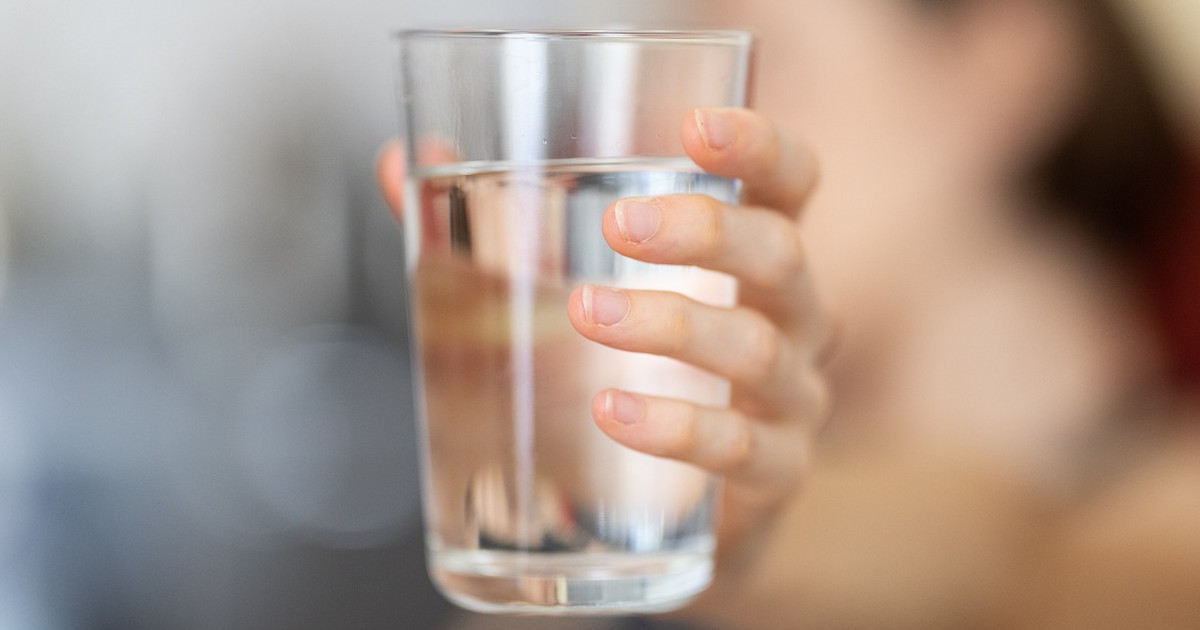Mineral waters are not as “pure” and “natural” as we read on the bottle labels. The scandal originated in France, where an investigation by The world and Radio France revealed that some of the big French mineral water brands, even the most drunk, like Vittel, Contrex and Perrierone of the most expensive, have for years “disinfected” the water of the springs by treating it with non-regulatory methods. Millions of consumers were therefore deceived.
The scandal has engulfed one of the giants of the sector, Nestlé Waters (subsidiary of the Swiss group Nestlé) which holds a third of the bottled water market in France. But not only. The problem would affect a third of the mineral waters in France, including those of the Alma group, which produces the Crystal clear, number one in Francewith more than 265 million six-packs sold in 2022, but also Saint-Yorre, Vichy Célestins and Châteldon water. The scandal from France then hit Switzerland, where Nestlé Waters Suisse recognized that it had also used the same illegal treatments on the brand’s water Henniez.
In France, again according to the two media, Macron’s government was aware of the illegal practicesat least from 2021. Meanwhile, the NGO Foodwatch has filed complaint for “scam” against Nestlé and other companies. Ecologists have called for sanctions. They asked the EU Commission to open an “independent investigation” against the French government for “violation of European regulations”.
“The story begins in 2020, like in a detective story,” he wrote The world: at the time, a former employee of the Alma group had reported anomalies on a company website to the General Directorate for the Repression of Fraud (DGCCRF), thus opening Pandora’s box.
The Dgccrf, theFrench Antitrustbrought to light a series of “deceptive commercial practices”. The Alma group was found to be mixing waters from multiple sources or even mixing them with tap water. The spring water was also subjected to ultraviolet ray treatments and activated carbon filters, the same ones that are legally applied to purify tap water. In theory, spring water would not need it because, by definition, it has a naturally very high microbiological quality. It is also the message that is bombarded every day by manufacturers’ advertising campaigns. “Consumers spend large sums to buy bottled water that they believe is better for their health – observes journalist Marie Dupin -. In reality this water has been treated with the same type of treatments as tap water.” But it costs a hundred times more than tap water.
Little by little, the investigation of Dgccrf it has expanded to other companies, including Nestlé Waters. It is known that, in order to avoid penalties, the company has regularly modified its reports to the ARS, the Regional Health Agency, which monitors the quality of bottled water. During inspections, banned products were even hidden inside the site’s electrical cabins. An extensive report by Igas, the Social Affairs Inspection, from July 2022, kept discreetly secret, and which The world and Radio France were able to consult, indicated that at least 30% of French brands had resorted to non-compliant filtration techniques. Maybe more.
Faced with the evidence, Nestlé did not deny it. Its president, Muriel Lienau, went to make the mea culpa on the pages of The echoesadmitting “mistakes”: “We used protective measures that were not in line with the regulatory framework to ensure food safety,” he said.
The blame, according to her, would be climate change which impacts spring water. Even the sources, considered pure, are in fact contaminated by pesticides and bacteria. Contamination that was kept hidden from consumers, but also from the authorities. Until August 31, 2021, when Nestlé Waters executives went to meet the then Minister responsible for Industry Agnès Pannier-Runacher, they acknowledged using non-compliant practices in their production sites and at the same time asked to continue the prohibited treatments .
It was at that point that Igas, at the request of the government, carried out its inspection, revealing the extent of the problem. In 2022, the Epinal prosecutor’s office has opened an investigation into fraud against Nestlé to shed light on the decontamination methods used in its factories in the Vosges (east) and Gard (south). In 2023, the Paris government discreetly authorized by decree the same water microfiltration practices previously considered non-compliant, to allow companies to continue operating and save millions of jobs. The Elysée would have kept everything quiet in Brussels, thus circumventing Directive 2009/54/EC on natural mineral waters. For its part, Nestlé has ensured that it has put an end to the use of activated carbon and UV, closing four sites in the Vosges.
